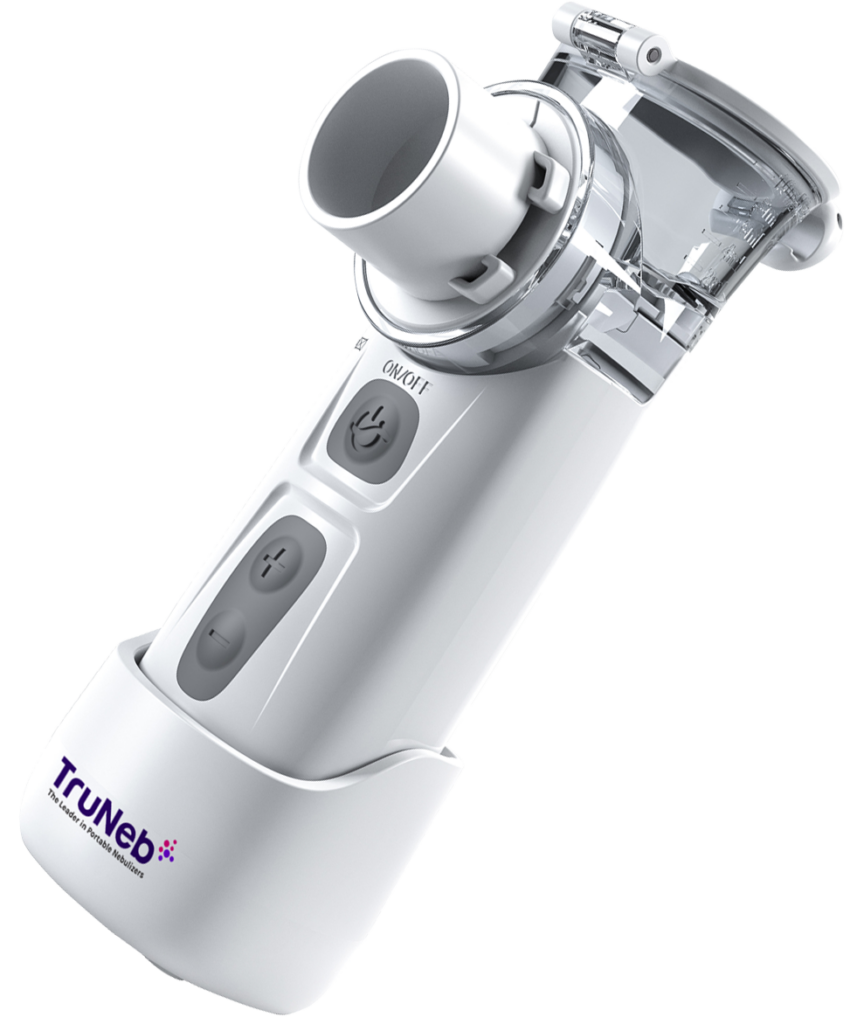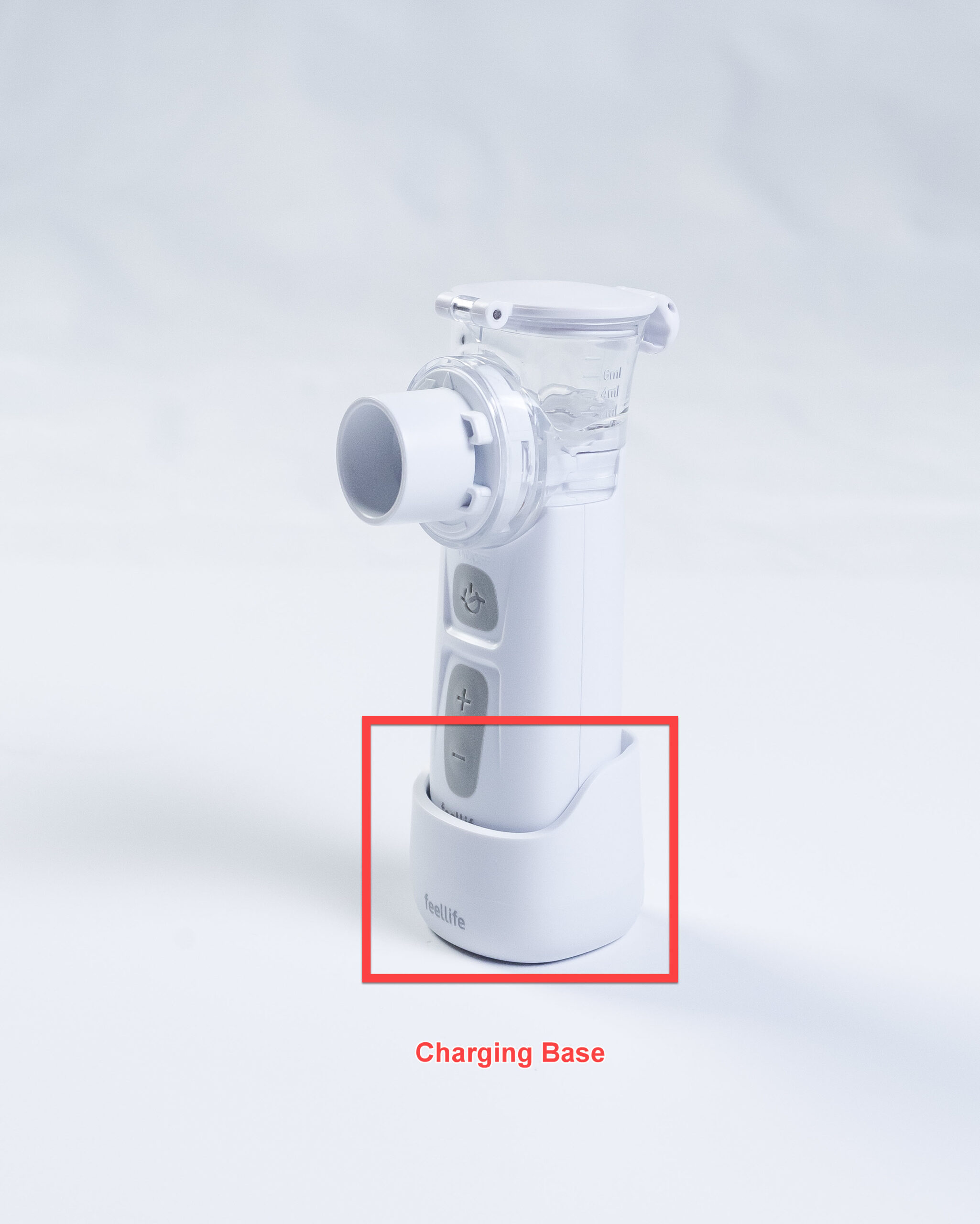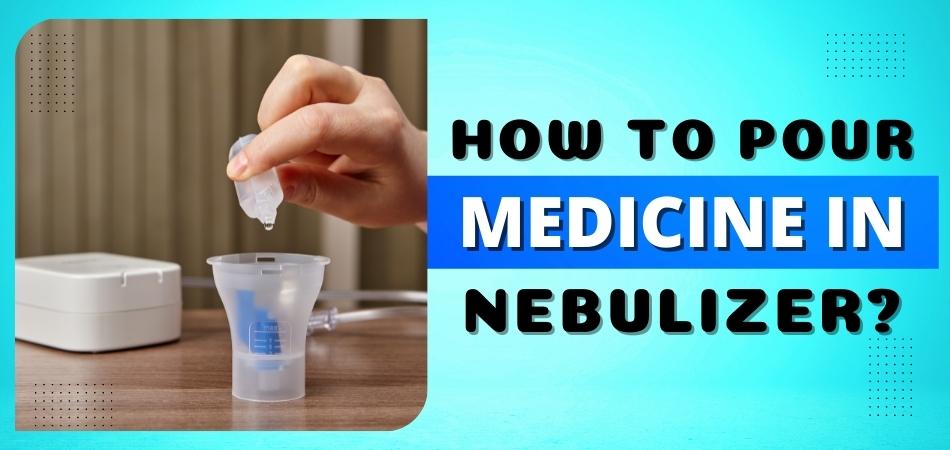Coughing is one of the body’s natural ways of getting rid of irritants in the air passages. A cough can be productive, meaning that it brings up mucus and other material from the lungs, or nonproductive, meaning that it doesn’t produce any mucus.
Many people use nebulizers to help them breathe better when they have a cold or respiratory infection, but using a nebulizer can sometimes make a cough worse.
If this occurs, it is important to work with your doctor to determine whether or not the nebulizer treatment is right for you. In some cases, a different delivery method may be more appropriate.
In this article, we’ll discuss how a nebulizer works and why it might make a cough worse.
Does a Nebulizer Make You Cough?
A nebulizer is a device that turns liquid medication into a fine mist, which you then inhale through a mouthpiece or face mask. Many people who use nebulizers have chronic lung conditions such as asthma or COPD. Nebulizers are generally very effective at delivering medication to the lungs.

However, some people may experience coughing when using a nebulizer. This is usually due to the droplets of medication entering the throat and irritating the lining of the airway. In most cases, this coughing is not harmful and will go away on its own after a few minutes.
If you find that you are coughing excessively when using your nebulizer, there are a few things you can do to help reduce this problem.
- First, make sure that you are using the sterile saline solution in your nebulizer (this will help to prevent infection).
- Second, try tilting your head slightly forward when inhaling the mist from the nebulizer (this will help to keep the medication from going down your throat).
- Finally, drink plenty of fluids before and after using your nebulizer (this will help to thin out mucus and secretions in your airway).
If you have any concerns about excessive coughing when using your nebulizer, be sure to talk with your doctor or respiratory therapist.
What are the Side Effects of Using a Nebulizer?
A nebulizer is a device that helps deliver medication to the lungs in the form of a mist. It is often used to treat conditions such as asthma, COPD, and other respiratory disorders. The most common side effects associated with using a nebulizer are coughing, wheezing, shortness of breath, and chest tightness.
The most common side effect of using a nebulizer is mouth or throat irritation. This is because the medication is being delivered directly to the airways, and some of it may escape through the mouth or nose.
To help reduce this side effect, it’s important to start with a small amount of medication and increase the dosage gradually as needed. You should also rinse your mouth after each treatment.
Other potential side effects include coughing, wheezing, and dizziness. These side effects are typically caused by the medication itself and not the nebulizer.
If you experience any of these side effects, it’s important to talk to your doctor to see if you need to adjust your dose or switch to a different medication.
In rare cases, nebulizers can also cause airway blockage or pneumothorax ( collapsed lung). If you experience any difficulty breathing during or after treatment, seek medical attention immediately.
Overall, nebulizers are safe and effective for most people. However, it’s important to be aware of the potential side effects and discuss any concerns with your doctor before starting treatment.
Is Nebulizer Good for Cough With Phlegm?
A nebulizer is a device that delivers medication in the form of a mist, which can be inhaled through a mouthpiece or mask. Many different types of medications can be used with a nebulizer, including bronchodilators (such as albuterol), anti-inflammatory drugs (such as fluticasone), and mucolytic agents (such as dornase alpha). Nebulizers are often used to treat respiratory conditions such as asthma, COPD, and cystic fibrosis.

Nebulizers can be particularly effective for treating coughs associated with mucus or phlegm. The mist from the nebulizer helps to loosen and break up the mucus, making it easier to cough up. In addition, the medication in the nebulizer can help to reduce inflammation in the airways and make breathing easier.
If you have a cough that is not responding well to over-the-counter treatments, talk to your doctor about whether a nebulizer might be right for you.
Does Nebulizer Break Up Mucus?
A nebulizer is a device that helps deliver medication to the lungs in the form of a mist. Inhaling this mist helps to break up and remove mucus from the airways.
This can be helpful for people who have conditions like asthma or COPD, which cause difficulty breathing and an accumulation of mucus in the lungs. Nebulizers work by using compressed air to create a fine mist of medication that can be inhaled deeply into the lungs.
The mist helps to loosen and break up mucus so that it can be coughed up and out more easily. Inhaling the medication directly into the lungs also allows for higher concentrations of the medication to reach these areas, which can be helpful in reducing inflammation and opening up airways.
If you are considering using a nebulizer to help with your respiratory condition, it is important to speak with your doctor first to make sure that it is right for you.
Nebulizers are generally considered safe devices, but there are some potential risks associated with their use, such as choking or aspirating on the medication if it is not used properly.
Child Still Coughing After Nebulizer
If your child is still coughing after a nebulizer treatment, there are a few things you can do to help ease their cough. First, make sure that the medication cup is properly attached to the nebulizer and that the tubing is not kinked.
If everything looks good there, check that the compressor is turned on and set to the correct pressure. You may need to increase the flow rate of the medication if your child is still coughing. Finally, make sure your child takes slow, deep breaths during their treatment.
Conclusion
If you have a cough, you might be wondering if using a nebulizer will make it worse. The answer is maybe. It depends on the cause of your cough.
If your cough is due to allergies or a cold, using a nebulizer may help to loosen the mucus in your airways and make it easier to cough up.
However, if your cough is due to something else, such as smoking or bronchitis, using a nebulizer may actually make your coughing worse.



